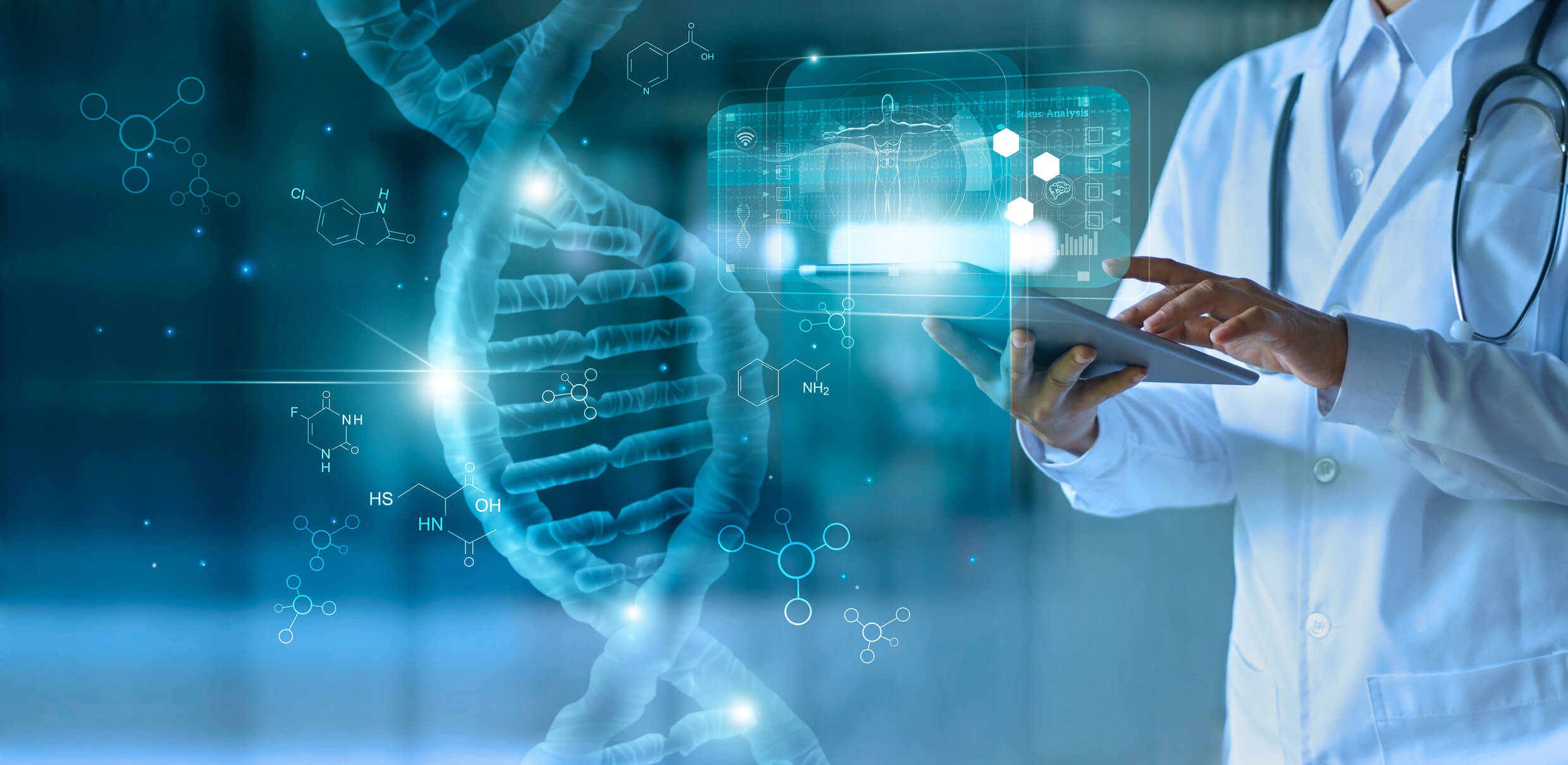Eukaryotic cell biology
Overall Course Objectives
The students will obtain advanced knowledge on how eukaryotic cells work at the molecular level providing them with a global view of the regulatory principles that controls the different layers of complexity displayed by living cells, which is necessary to understand human disease, to design disease models and to develop improved industrial cell factories.
See course description in Danish
Learning Objectives
- Name the fundamental cellular structures and explain their organization and function.
- understand how genetic- and molecular biology based methods contribute to unravel the biology of the cell.
- understand the structure of the eukaryotic chromosome and how genes are regulated via changes in chromatin structure and via promoters
- Understand RNA processing and how mRNA is transported to the cytoplasm
- Understand the different principles a cell uses to transport proteins from the cytoplasm to their final destinations in the cell or outside of the cell
- Understand how cells communicate
- Understand the how the structure and dynamics of a cell is regulated by changes of their cytoskeleton.
- Understand DNA metabolism including DNA repair, recombination and segregation of chromosomes during mitotic and meiotic cell divisions
- gain basic insights into cell differentiation and cell death.
- gain basic insights into tumor cell development
- Analyze and integrate experimental data into context of the curriculum of the course
Course Content
The course focuses on molecular genetics, molecular biology and cell biology. A wide range of molecular processes like DNA replication, repair and recombination, transcription, translation, post-translational modifications, protein sorting and cell cycle control will be covered. For simplicity, these topics will initially be described individually and for single cell organisms like yeasts. However, during the course, complexity will gradually increase as we will see how these processes occur in complex multicellular eukaryotes, and how their actions are coordinated via global regulatory networks, for example by signal transduction pathways. In the end, this knowledge will allow us to discuss topics like developmental biology and the molecular biology of cancer. Two recurrent motifs will be highlighted throughout the course: understanding the interconnectedness of physiological processes within the cell, and devising strategies to intervene in these complex processes, either to manipulate a production/model-organism or to develop a cure for a human disease.
Teaching Method
Lectures and exercises






